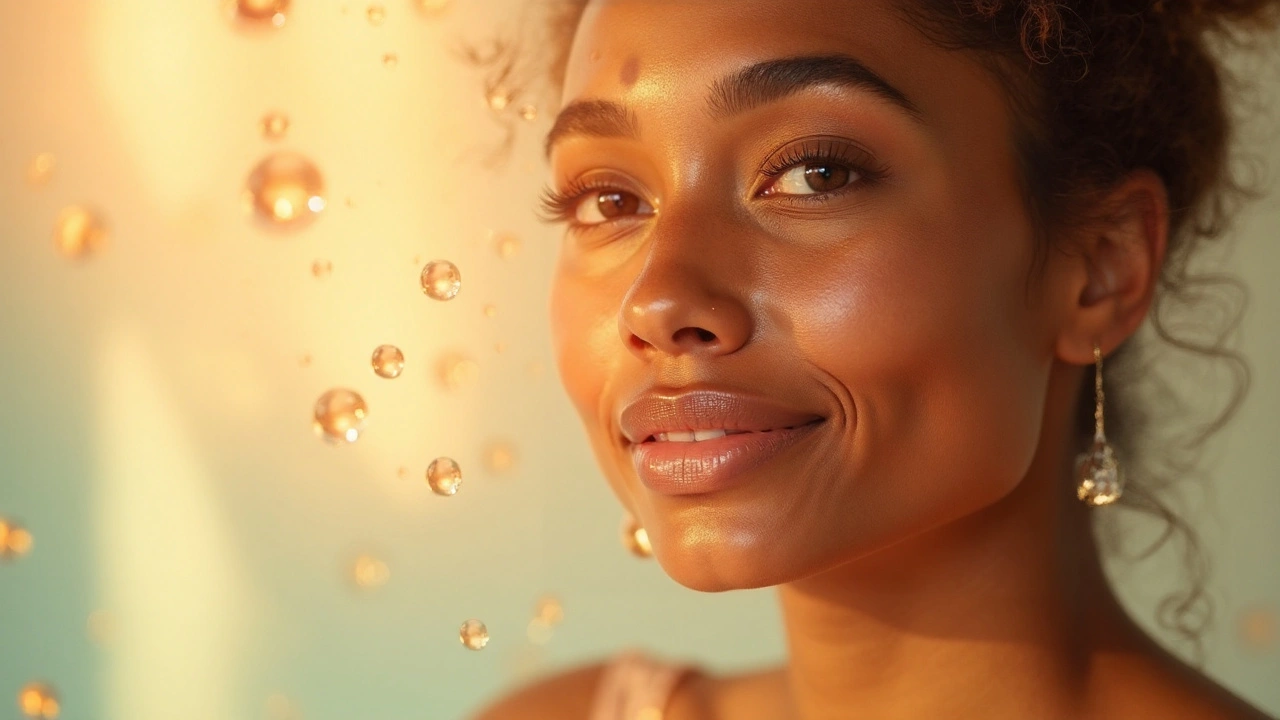Vitamin E: What It Does, How Much You Need, and Safe Ways to Use It
Vitamin E is a fat‑soluble antioxidant that protects cells from damage. People take it for healthier skin, stronger immunity, and heart support. If you’re wondering whether a supplement is right for you, this guide breaks down the basics in plain, everyday language.
Why Vitamin E Matters
First off, Vitamin E helps neutralize free radicals – unstable molecules that can hurt your cells. By keeping those radicals in check, Vitamin E supports skin repair, reduces inflammation, and may lower the risk of chronic diseases. Real‑world examples include faster wound healing and less visible aging signs when you get enough of this vitamin.
Besides the antioxidant role, Vitamin E assists the immune system. Studies show that adequate levels improve the body’s response to infections, especially in older adults. It also helps blood vessels stay flexible, which is why some doctors suggest it for heart health.
How to Take Vitamin E Safely
The recommended daily allowance (RDA) for adults is 15 mg (22 IU). Most multivitamins meet this number, and natural food sources like almonds, sunflower seeds, and spinach deliver it without a fuss. If you choose a supplement, look for “d‑alpha‑tocopherol,” the form your body uses most efficiently.
When it comes to dosage, more isn’t always better. High doses (over 1,000 mg/day) can increase bleeding risk, especially if you’re on blood thinners. A safe upper limit for most adults is 1,000 mg (1,500 IU). Stick to the label and talk to a pharmacist if you’re unsure.
Take Vitamin E with a meal that contains fat – that’s how your body absorbs it best. If you have a condition like diabetes or liver disease, get a doctor’s okay before adding a supplement.
Side effects are rare at normal doses, but some people notice stomach upset or mild headaches. If you notice any unusual symptoms, stop the supplement and check with a healthcare professional.
Bottom line: You can get Vitamin E from food, a daily multivitamin, or a dedicated supplement. Aim for the RDA, avoid mega‑doses unless prescribed, and always pair it with a little dietary fat for best absorption.
Vitamin E: The Ultimate Anti-Aging Powerhouse for Youthful Skin
Discover how Vitamin E works as a top anti‑aging antioxidant, its science‑backed skin benefits, optimal dosage, and how it pairs with other nutrients for a youthful complexion.





